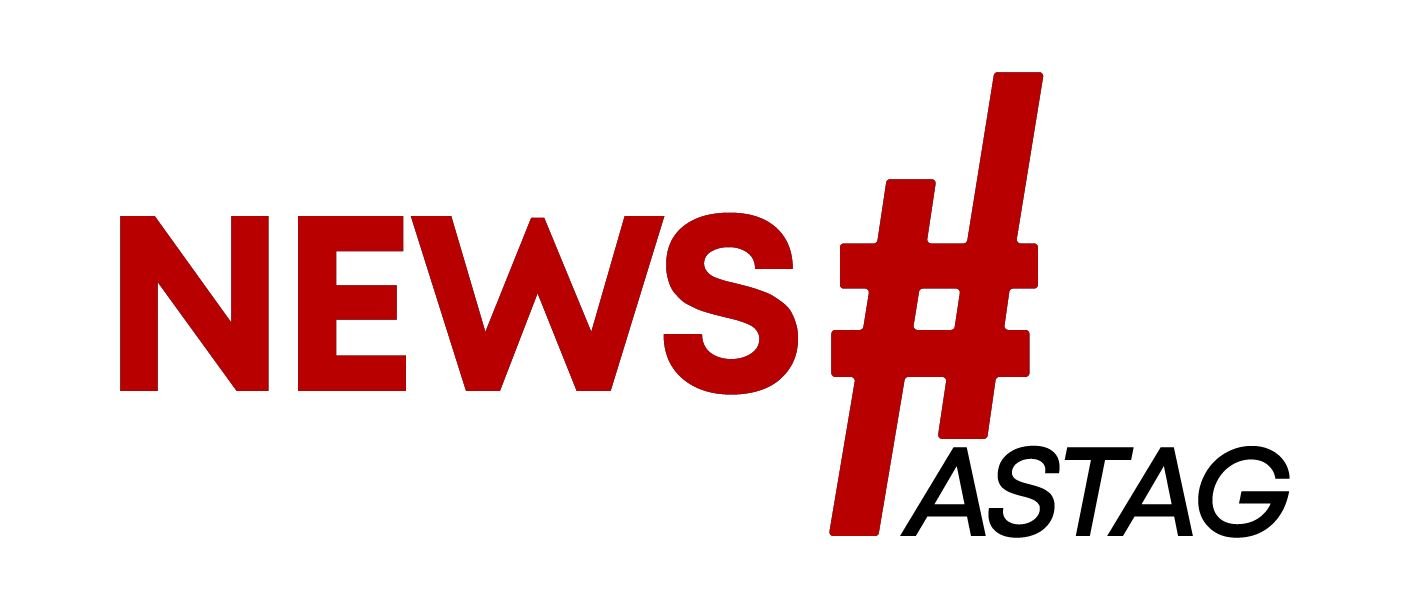Ford has announced a significant reduction in its commitment to the planned electric vehicle (EV) battery facility in the Marshall area, cutting 800 jobs and more than $1 billion. This move will result in a decrease of approximately 40% in the plant’s production capacity. Despite these cutbacks, the Dearborn automaker is resuming construction at the site following a two-month pause and aims to meet its original target of opening the plant by 2026.
The decision represents a stark departure from the initial plan, which promised 2,500 jobs and a $3.5 billion investment, as revealed earlier this year by Ford and Michigan Governor Gretchen Whitmer. Ford’s spokesperson, Mark Truby, acknowledged that the company’s reductions would likely lead to a decrease in the approximately $1.8 billion in taxpayer subsidies initially pledged for the project.
Over the past few months, Ford has been evaluating the project, considering the growth of electric vehicle adoption. Truby emphasized that while EV adoption is increasing, it’s not happening at the expected pace, necessitating a disciplined approach to capital allocation and aligning production capacity with demand.
Originally, Ford anticipated the facility would produce 35 gigawatt hours of batteries annually, enough for about 400,000 vehicles. However, the revised plan now expects the plant to produce 20 gigawatt hours, representing a 42% reduction in output—equivalent to batteries for 230,000 vehicles. The company also plans to use less space at the site, currently spanning hundreds of acres west of Marshall.
Although Truby did not specify the exact amount being cut from the $3.5 billion investment, he indicated that it would correlate with the reduction in output. With a 42% cut, this would mean a reduction of almost $1.5 billion, bringing the total investment down to $2 billion.
Despite these cutbacks, representatives for Whitmer and the Michigan Economic Development Corporation (MEDC) focused on the fact that Ford still intends to invest in the site. However, changes to the incentive package are anticipated. Whitmer acknowledged that adjustments should be expected as Ford makes changes, emphasizing the need for a clear and open line of communication.
MEDC spokesman Otie McKinley confirmed that incentives for the project would be revised in accordance with the new investment parameters. The expectation is that Ford and MEDC will collaborate to propose a reduced subsidy package to the Michigan Strategic Fund board for authorization, though it remains unclear if legislative action will be required.
Michigan House Republican Leader Matt Hall suggested that if the original proposal misrepresented Ford’s plans, the funding tied to job creation should be revoked. He emphasized the need for the governor to ensure taxpayers are not left on the hook for any failures.
McKinley clarified that while there was a framework for a deal between Ford and the state, a final agreement had not been executed. Finalizing such agreements typically takes months or even more than a year.
In late September, amid a UAW strike, Ford announced a pause in work at the Marshall-area plant. This pause, however, did not halt site preparation, with contractor Walbridge continuing work worth up to $178 million to ensure the infrastructure was ready for Ford.
Jim Durian, head of the Marshall Area Economic Development Alliance, expressed satisfaction at Ford’s decision to resume work, highlighting the creation of 1,700 local jobs. Truby explained that strategic decisions and the need to right-size the investment and footprint influenced the decision to resume work, referencing a previously announced delay in investing $12 billion toward EV production.
Truby mentioned several factors that contributed to the decision, including the resolution of labor-related uncertainties after the strike and a clearer understanding of labor costs. The Marshall EV battery plant is a crucial component of a larger policy championed by Whitmer and state economic development officials, who argue that public tax dollars allocated to such megadeals will ultimately revitalize communities and boost industries vital to Michigan’s future.
While some local residents support the project, others vehemently oppose it, citing concerns about transparency and potential environmental impacts. Criticism has also been directed at Ford’s partnership with CATL, a Chinese company and the world’s largest battery manufacturer. Despite such opposition, Truby confirmed that Ford intends to maintain its collaboration with CATL at the site, ensuring that the promised 1,700 jobs will all be positions within Ford.




